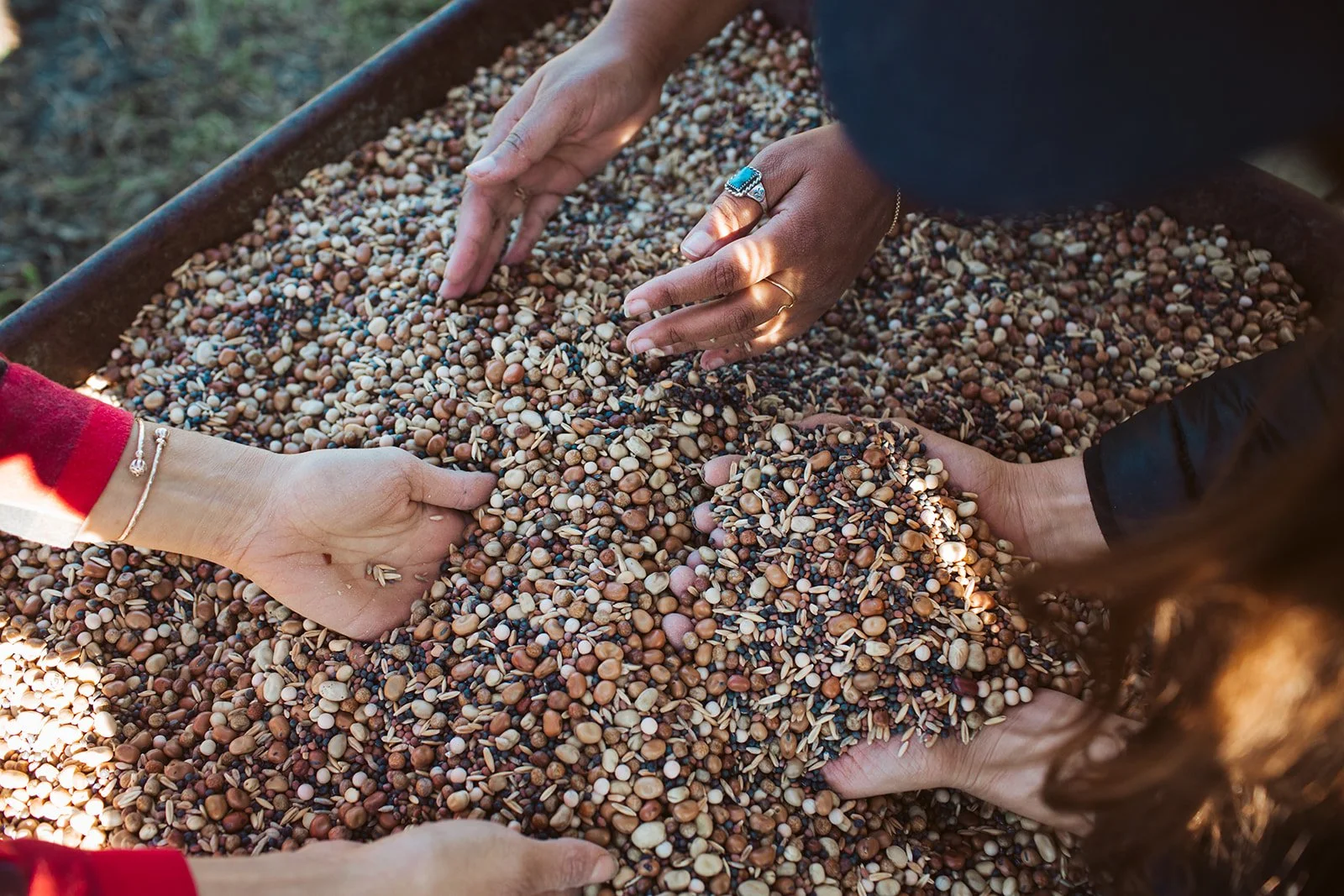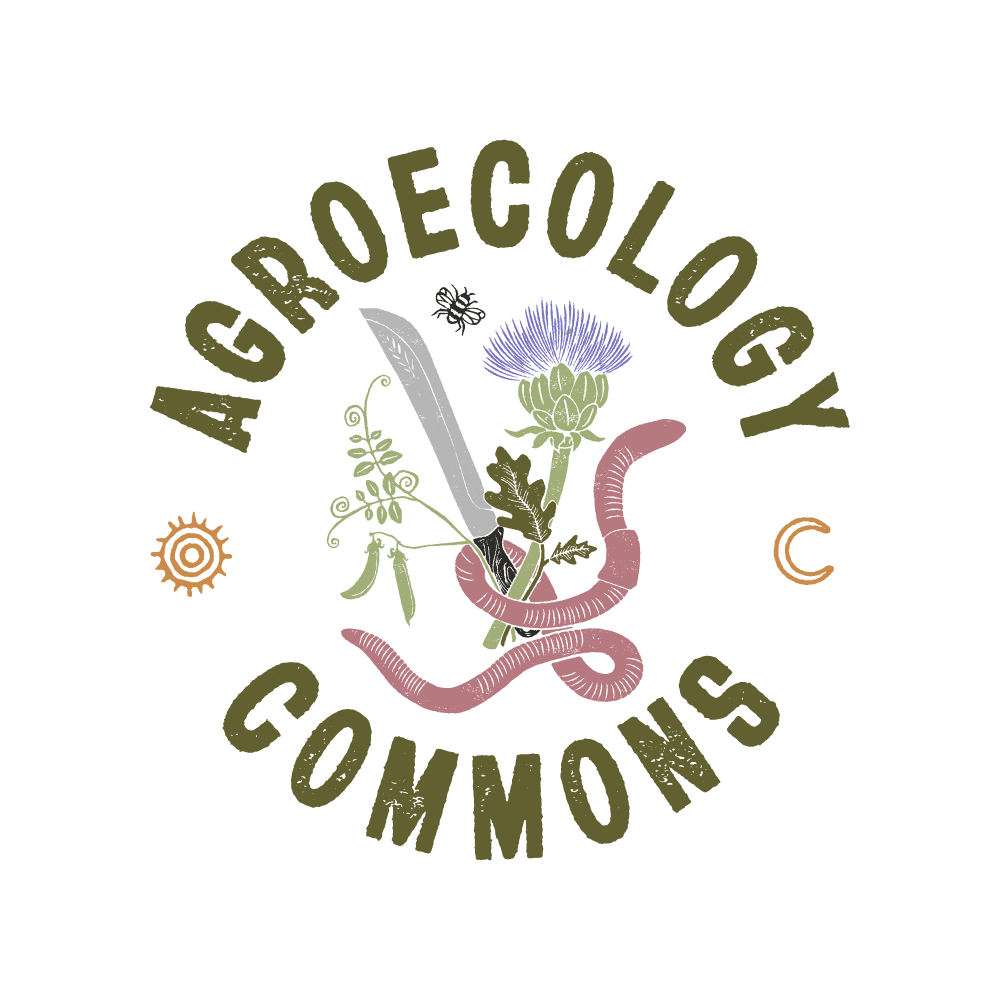
Growing Urban Agriculture Seed Grants!
Applications Currently Open
What is Urban Agriculture?
Urban Agriculture refers to the cultivation, processing, and distribution of agricultural products in urban settings, including things like inground small plot cultivation, raised beds, vertical production, warehouse farms, mushroom growing, urban forestry and tree care, community gardens, rooftop farms, hydroponic, aeroponic, and aquaponic facilities, and other innovations. Urban farmers and gardeners work among diverse populations to expand access to nutritious foods, foster community engagement, offer workforce development opportunities, educate communities about food and farming, and expand green spaces.
Eligibility
Eligible applicants must operate an urban agriculture business, organization, collective/cooperative, or site or plan to develop one. This can include urban agriculture producers, nonprofit organizations, local government, and other community-based organizations.
Applicants must be actively involved in growing (eg. food, fiber, medicinals) for their community.
Urban and suburban farmers and growers in the following counties are eligible to apply: Alameda, Contra Costa, Marin, Napa, San Francisco, San Mateo, Santa Clara, Solano, and Sonoma operating in the geographic area no more than 25 miles adjacent to or outside of one Urbanized Area containing a population of 50,000 or more people
Program Priorities
The 2025 Seed Grants will be organized into two cohorts funded by Farm to Fork and the CFDA (California Department of Food and Agriculture). These cohorts will be grounded by program priorities that have been structured to support farmers' overall wellness, provide the tools necessary to sustain their work and advance food and land sovereignty within the Bay Area. The 2025 Seed Grant program priorities are informed by current events and aims to serve as mitigation to the harm administered by societal structures that negatively impact Bay Area farmers.
Some examples of potential Program Priorities are listed here:
Safety, Sanctuary and Holistic Wellness ($5,000-$20,000)
Guiding Question: Can we support farmers and farmworkers who emphasize culturally relevant work including the support of historically marginalized groups, refugees or asylum seekers using agriculture to protect and embed their community in sanctuary networks?
Community-Led Food Sovereignty & Mutual Aid Networks ($5,000-$20,000)
Guiding Question: Can we support farmers and farmworkers who explicitly integrate political solidarity with movements for liberation through food and land justice?
Land Access for Farmers Experiencing Displacement ($5,000-$20,000)
Guiding Question: Can we support farmers and farmworkers who have been, or are currently facing displacement via urban gentrification, rising land costs and/or climate-related disasters. This program intends to assist the journey to reclaiming or securing farmland?
Heirloom Crop & Cultural Food Sovereignty Preservation ($5,000-$20,000)
Guiding Question: Can we support farmers and farmworkers who preserve culturally significant, Indigenous, or diasporic seeds and crop traditions threatened by monoculture, erasure, or corporate seed monopoly?
Seed Grant Informational Webinar
Please feel free to review the informational webinar we hosted for applicants below.
FAQ
More questions? Don’t hesitate to reach out.
-
We understand this work is often interconnected and while these Program Priorities serve as a framework, some overlap is natural and expected. Choose a Program Priority you feel strongly connected to but feel free to speak to the fullness of your work.
-
Applicant must be growing no more than 25 miles adjacent to or outside of Alameda, Contra Costa, Marin, Napa, San Francisco, San Mateo, Santa Clara, Solano, and Sonoma (Urbanized Areas are defined as areas containing a population of 50,000 or more people)
-
Absolutely! This funding opportunity is for farmers and farmworkers both beginners and veterans who are seeking support in the sustainability of their initiative. If you’re not yet a full fledged organization/business but on your way to creating one, this opportunity is for you! We look forward to receiving your application.
-
No, while priority will be given to projects that are led by and/or serve urban communities that have been historically underserved, we welcome all applicants.
-
Site development: e.g., plans and drawings, legal fees, permitting fees
Soil quality improvement: e.g., soil testing, soil remediation, amendments, compost
Equipment and supplies: e.g., tools, tool libraries, post-harvest wash stations, tool storage shed, greenhouses, community gathering spaces, fencing, cold storage, tractors, etc.
Conservation practices: e.g., hedgerows, cover crops, etc.
Water and irrigation systems
Development or expansion of value-added products and processing
Market access, certification with CDFA, and supplies
Grant writing assistance and other assistance to access federal grants
Technical, legal, certification, and other bookkeeping/business assistance
Cost of repairing or buying new infrastructure (including labor)
Farm insurance, land costs and infrastructure
Crop Management software
Salaries and wages
-
The grant opens September 12th, 2025 and closes November 15th, 2025.
-
Due to the limited funds available, only one-year projects will be considered. Projects must be completed by 12/15/2026. Please note, we are unable to offer no-cost extensions. Any funds that are not expended by the end of the grant cycle, 12/31/2026, and not invoiced by the deadline, 12/15/2026, will be forfeited.


